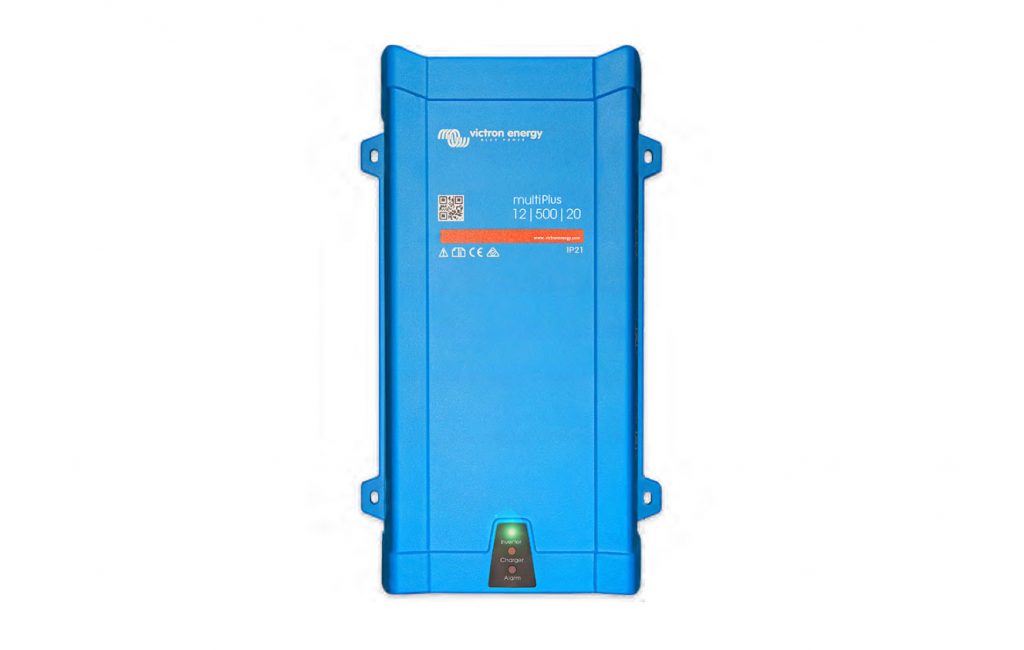01732 360 095
The Vital Role of Battery Backup Protection for Critical Pumping Systems
This paper emphasises the critical importance of implementing battery backup protection for pumping systems to ensure uninterrupted operation during power outages. In various industries, pumping systems play a pivotal role in maintaining essential processes, and any disruption to their operation can lead to severe consequences. Power outages are unpredictable events that can occur due to natural disasters, equipment failures, or other unforeseen circumstances. Therefore, the integration of reliable battery backup systems is essential to safeguard these critical pumping systems and maintain operational continuity.
Pumping systems are integral to a wide range of applications, from water supply and wastewater management to industrial processes and emergency services. These systems are often relied upon for crucial functions, and any downtime can result in significant economic losses, environmental impact, or compromised safety.
Vulnerabilities of Pumping Systems to Power Outages:
Power outages pose a substantial risk to pumping systems, as they can disrupt the power supply required for their operation. This vulnerability is particularly pronounced in regions prone to extreme weather events, which can lead to prolonged power failures. Without adequate backup measures, critical systems may fail, jeopardizing the overall functionality of essential services.
Importance of Uninterrupted Pumping:
In various scenarios, continuous pumping is non-negotiable and this is especially the case with Type C waterproofing systems such as the Newton CDM System, or where surface water is pumped. To mitigate the risk of power outages, reliable battery backup protection is indispensable.
Benefits of Battery Backup Protection:
Operational Continuity:
- Battery backup systems ensure that pumping systems continue to function seamlessly during power outages, avoiding disruptions to critical processes.
Emergency Response:
- In emergency situations, such as flood control, uninterrupted pumping is vital. Battery backup protection ensures that these systems remain operational when needed most.
Newton battery back-up systems:
Newton supply a full range of inverter battery back-up systems for the continual removal of groundwater and surface water during power outage.
In conclusion, the integration of battery backup protection for critical pumping systems is paramount to ensure operational continuity and prevent adverse consequences during power outages. As industries become more reliant on these systems, the need for robust backup solutions becomes increasingly apparent. Proactive measures to implement reliable battery backup protection will safeguard essential services and contribute to the resilience of critical infrastructure.
Protecting an inverter output (230VAC) to the same standard as mains 230VAC is crucial for several reasons. When designing or implementing systems that involve inverters, it’s essential to prioritize safety and adhere to established standards. Here’s a guidance document outlining the importance of such protection:
Guidelines for Protecting Inverter 230VAC to Mains 230VAC Standards
Inverters play a pivotal role in converting DC power to AC power, providing flexibility and efficiency in various applications. While harnessing the benefits of inverters, it is imperative to recognize the potential dangers associated with their output, especially when compared to mains 230VAC. This document outlines the significance of protecting inverter 230VAC to the same standard as mains 230VAC and the risks involved in neglecting this crucial aspect.
Safety Compliance:
Adhering to safety standards is paramount to protect both individuals and equipment. Mains 230VAC systems are designed with rigorous safety measures to prevent electric shocks, fires, and other hazards. By ensuring that inverter 230VAC systems meet these standards, you mitigate the risks associated with electrical installations.
Human Safety:
Failure to protect the inverter output to the same standard as mains 230VAC poses a significant risk to human safety. Inverters have the potential to produce high-voltage outputs that can cause severe electric shocks. Aligning inverter safety standards with mains standards ensures that users are protected against electrical accidents.
Equipment Safety:
Connected equipment and appliances are designed to operate within specific voltage and frequency ranges. Inconsistencies in the inverter output can damage or malfunction these devices, leading to financial losses and potential safety hazards. Protecting the inverter output to mains standards ensures compatibility and longevity of connected equipment.
Fire Hazards:
Inadequate protection of the inverter output may lead to overheating and electrical faults, increasing the risk of fires. Mains 230VAC systems incorporate fire-resistant materials and designs to minimize such risks. Aligning inverter protection standards with mains standards helps mitigate the danger of fire hazards.
Legal and Regulatory Compliance:
Failure to meet safety standards can result in legal consequences and regulatory non-compliance. Following the same safety standards as mains 230VAC ensures that your inverter systems meet legal requirements, reducing the risk of fines, legal actions, and potential shutdowns.
Protecting inverter 230VAC to the same standard as mains 230VAC is not just a regulatory requirement; it is a fundamental step towards ensuring the safety of individuals, equipment, and property. By understanding the dangers associated with neglecting this protection, it becomes evident that aligning inverter systems with established safety standards is essential for a secure and reliable electrical infrastructure.
Customer Success Stories
Our latest customer reviews from Feefo - the award winning review platform

Speak to our friendly, expert team
Our staff are able to provide guidance for projects of all sizes, whether you require some general advice about damp or waterproofing, or support with technical drawings and specifications.














